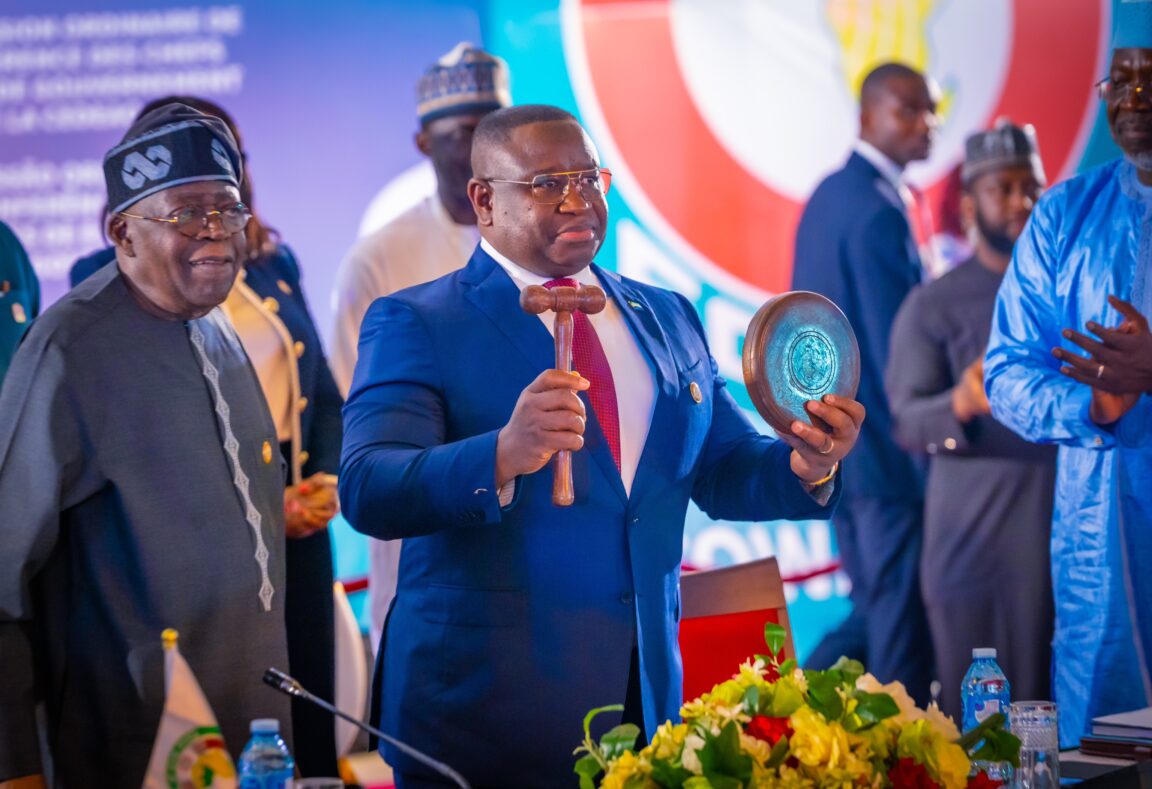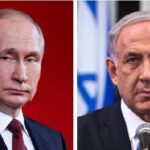President Bola Ahmed Tinubu on Saturday expressed concern over the delayed operationalisation of the ECOWAS Standby Force, urging West African leaders to urgently move from intention to action in the fight against terrorism and cross-border crimes.
Speaking at the opening of the 67th Ordinary Session of the ECOWAS Authority of Heads of State and Government in Abuja, Tinubu—whose one-year tenure as Chairman of the regional bloc is nearing its end—described the activation pace as “worrisome.”
“The ECOWAS Standby Force must move from concept to operational reality,” the President said. “I am a little bit worried about the slow pace of its activation, which is taking longer than desired.”
Tinubu emphasised that the security challenges plaguing the region are transnational in nature and demand a unified regional response.
“The threats confronting us are numerous and increasingly complex. These threats are mostly transnational and fuelled by violent extremist organisations and other non-state actors. No one country can address these threats alone,” he said.
While highlighting some of the achievements recorded under his leadership, Tinubu said the completed ECOWAS Military Logistics Depot in Lungi, Sierra Leone, would boost the bloc’s capacity to respond to security threats.
“With the depot’s completion, Nigeria is committing itself to sea-lift and air-lift arrangements with ECOWAS. This will support the deployment of logistics and personnel when necessary,” he noted.
He also disclosed that Nigeria had signed the Sixth Agreement with the African Union last February in Addis Ababa to further regional security collaboration.
On the political front, Tinubu expressed optimism that Burkina Faso, Mali, and Niger—countries that recently exited the regional bloc—would eventually return to the ECOWAS fold.
“Under my chairmanship, I deployed all diplomatic means to engage and dialogue with our brothers in Burkina Faso, Mali, and Niger. I am confident that before too long, they may return to the family,” he said.
The President also advocated for deeper economic integration and called on member states to remove trade barriers and empower the private sector.
“Our intra-regional trade remains low, even though we have the capacity to become a major economic powerhouse. We must foster innovation and create the conditions for private enterprise to thrive,” he said.
He stressed the importance of fast-tracking regional infrastructure projects such as the West African Gas Pipeline, the West African Power Pool, and the Abidjan–Lagos Corridor Highway.
“These are critical drivers of regional integration, job creation, and economic development. Their timely completion is vital,” Tinubu said.
The 67th ECOWAS Ordinary Session marked a critical juncture for the regional bloc as it grapples with growing insecurity, economic challenges, and political instability in parts of the sub-region.
— Bayo Onanuga
Special Adviser to the President on Information and Strategy
June 22, 2025


